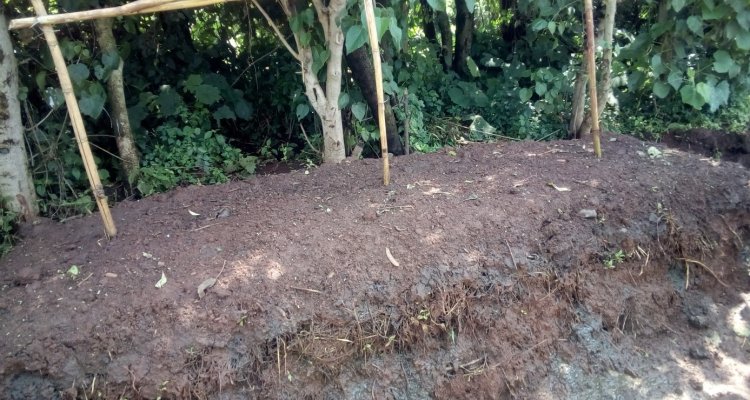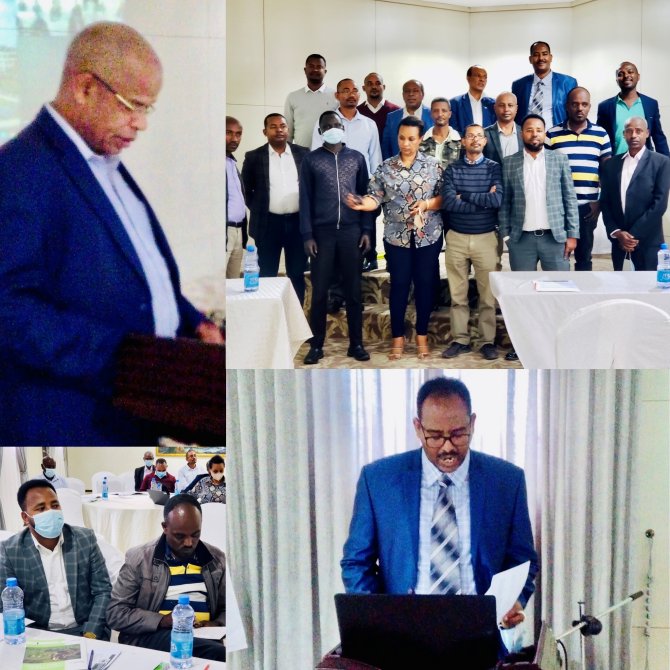
News
Ethiopia Living Labs for regenerative, inclusive food systems officially launched
The REFOOTURE Ethiopia team is pleased to launch a national thinktank and living labs to develop Regenerative, Inclusive Food System (RIFS).

The REFOOTURE Ethiopia team is pleased to launch a national thinktank and living labs to develop Regenerative, Inclusive Food System (RIFS) in two regional states of Ethiopia (Amhara and South West Ethiopia Peoples’ Region) and the connected OTIPAVA project that carries out compost field trials in three regional states of Ethiopia (Amhara, Oromia and SNNPR). We envisage to generate evidence and facilitate innovation co-creation with stakeholders’ active engagement.
The project launch workshop, held on the 7th of February, 2022 at the Bellevue Hotel in Addis Ababa, served to familiarize participants with SWR Ethiopia and its projects, the REFOOTURE approach, explain key concepts, share mapping study findings, and implementation modalities. The introduction of RIFS and the commitment demonstrated to support efforts on enhancing soil health through composting is praised by the participants who have pledged to work closely with the projects. The Director General of Extension at the Ministry of Agriculture, Ato Germame Garuma, noted that their office is willing to provide all the necessary support to make the projects successful and actively engage in the innovation co-creation process and mainstreaming of the findings into policy and action.
The Ethiopia Living Labs are part of the REFOOTURE project, led by Wageningen University & Research. The REFOOTURE project is designed to collect evidence, identify pathways and support collaboration in innovation for regenerative, inclusive food systems in Eastern Africa. The project mobilizes innovation capacity and strengthens the enabling environment via living labs in Kenya, Ethiopia and Uganda. The project is supported by the IKEA Foundation.